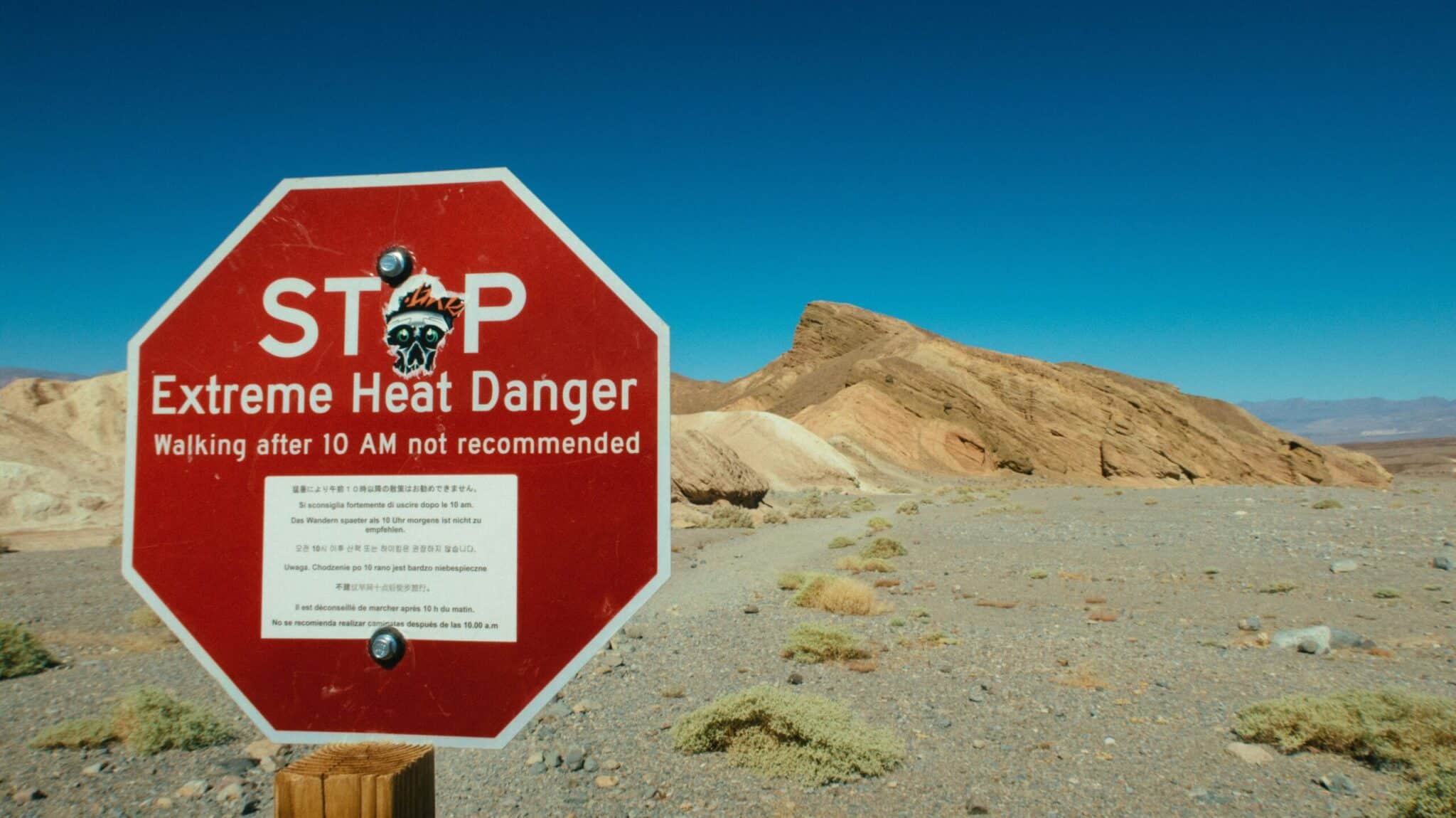This upcoming Monday, an extreme heat wave is expected to blast the UK, with temperatures soaring to 36 degrees.
Many are beginning to fret with media outlets declaring it a national emergency.
This is the first time Britain has experienced an “Extreme Heat” warning, as most of Europe prepares for a heat wave.
However, this isn’t the highest temperature Britain has recorded. In July 2019, we experienced an unbearable 38.7C.
A special warning has been issued to those working in the health and social care sector, advising workers to pay close attention to the vulnerable and those with underlying health conditions.
So, you’re probably searching the web for answers on how to cope this Monday. Good news for you, we’ve collected the best tips on how to stay safe.
Staying safe throughout the heat wave:
- Close curtains or blinds in rooms that face direct sunlight.
- Drink plenty of liquids, especially water and don’t wait till you’re thirsty – avoid excessive alcohol consumption.
- Keep out of the sun between 11 am to 3 pm – this is when the UV rays are strongest.
- Don’t leave anybody in a closed, parked vehicle – especially infants, younger children or animals.
Which groups are most vulnerable?
- The elderly, specifically those over 75 years old and live on their own or in a care home.
- Those who are severely ill; have heart or lung conditions, diabetes, Parkinson’s disease or are severely mentally ill.
- Those unable to keep cool e.g. babies, young children, the disabled and people with Alzheimer’s disease.
- Environmental factors; living at the top of a flat, homelessness, outside jobs and high levels of exercise.
Heat exhaustion and heat stroke:
There is a risk of heat exhaustion and heat stroke this Monday, with the severity of side effects differing.
Heat exhaustion:
- Headaches
- Dizziness and confusion
- Nausea
- Excessive sweating and paleness
- Cramps in the arms, legs and stomach
- A high temperature of 38C or above
- Extreme thirst
If you think you or someone you know could have heat exhaustion, you should:
- Move to a cooler place e.g. in the shade or a cool room.
- Have them lie down and raise their feet slightly.
- Get them water to drink.
- Cool their skin down; spray them with water or fan them. Cold packs around their armpits or neck are good too.
- They should feel better after 30 minutes but make sure to stay with them until they feel better.
Heatstroke:
Heatstroke is more intense and 999 should be contacted if you suspect you or someone you’re with has it:
- Unwell after 30 minutes of rest and drinking plenty of water.
- Unable to sweat, even when hot.
- Fast breathing or out of breath.
- Confusion.
- A fit (seizure).
- Loss of consciousness.
- Unresponsive.
We care about you!
Balfor cares about the well-being of our candidates, which is why we’re raising awareness of the importance of staying safe during this heat wave.
If you would like more information on this, the NHS has further resources available on its website.
Interested in a career in either education or healthcare? Call 0121 260 0000 or email [email protected] to find out more!
To keep up-to-date with any announcements or news, be sure to follow our social media pages. You can find us on Instagram, Twitter, Facebook, YouTube, LinkedIn and TikTok.











